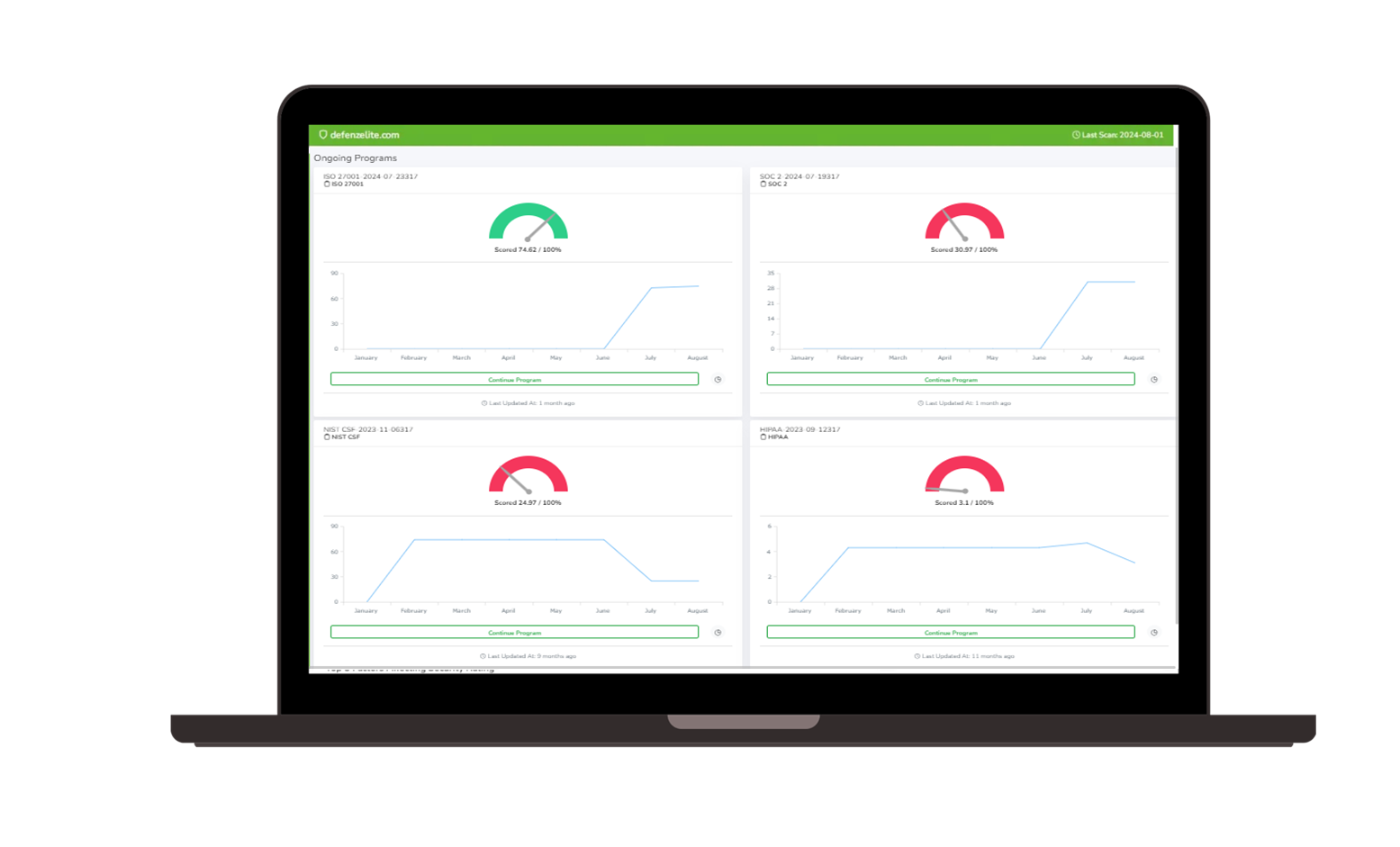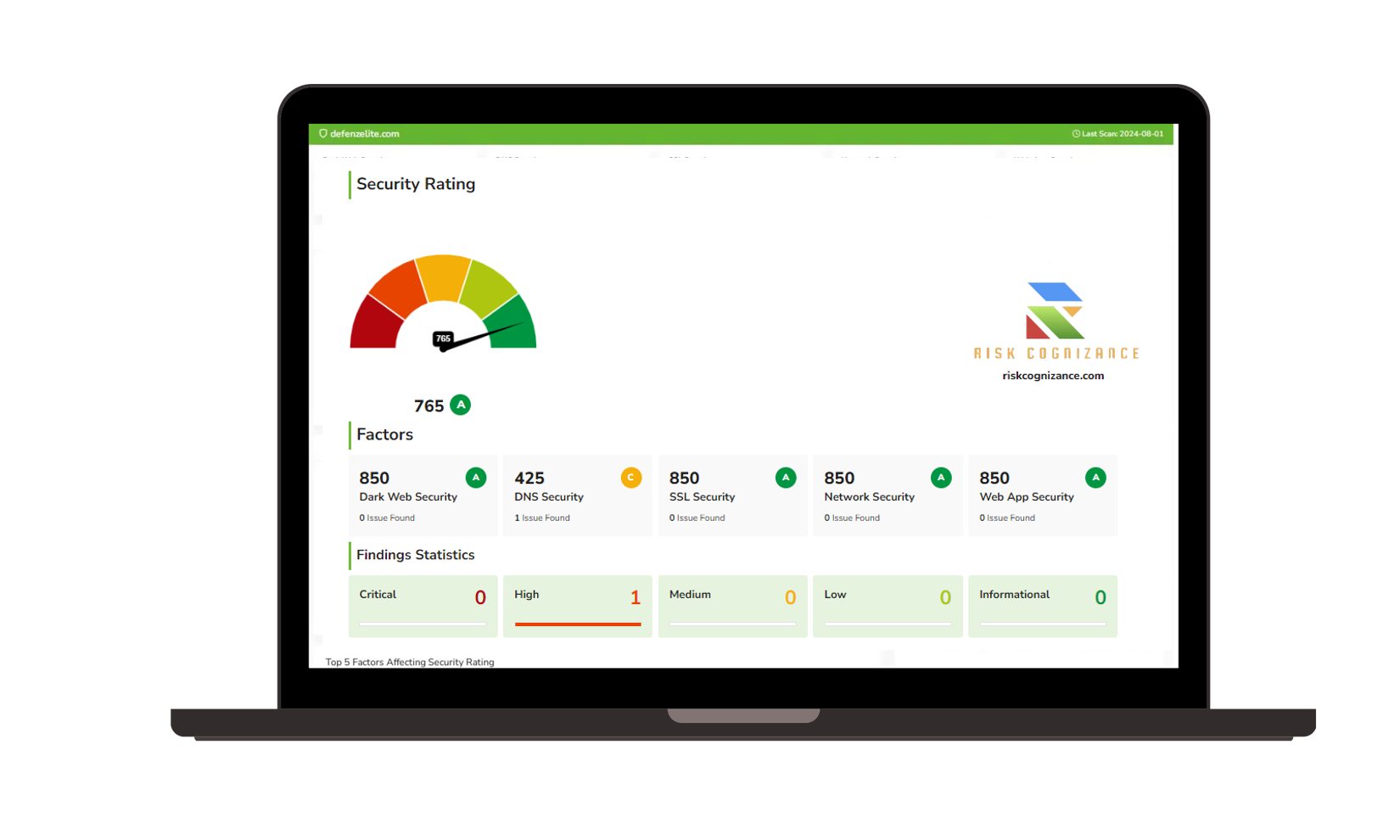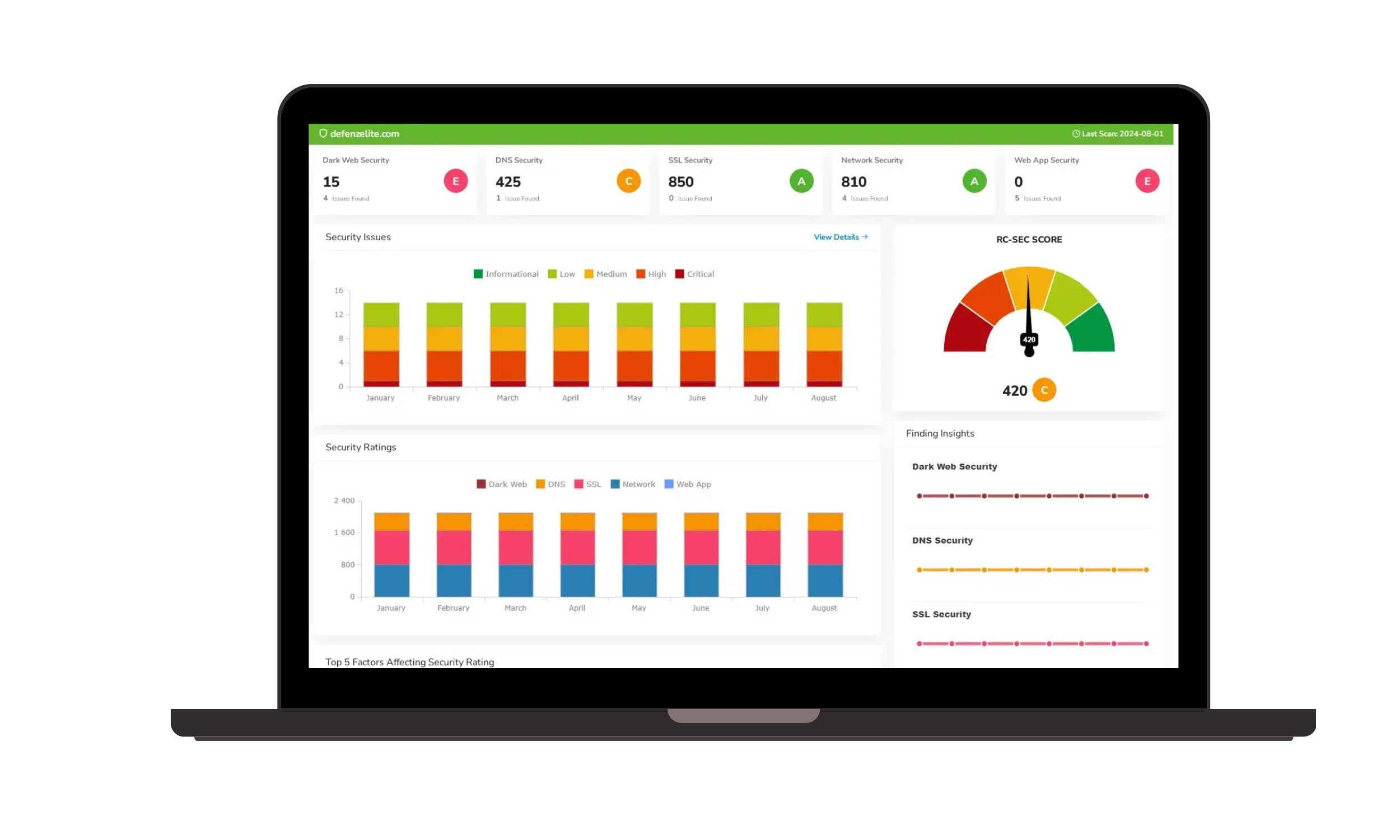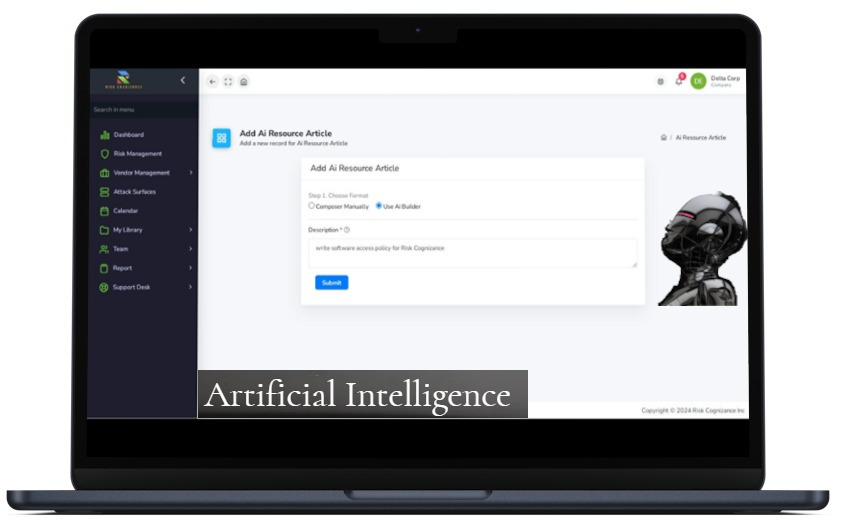The Quick Guide to GRC for MSSPs
Governance, Risk, and Compliance (GRC) are critical components for Managed Security Service Providers (MSSPs) striving to deliver robust security solutions to their clients. This quick guide offers an overview of GRC, its significance for MSSPs, and practical tips for implementation.
1. Understanding GRC: Definitions and Key Concepts
- Governance: Refers to the framework of rules and practices by which an organization is directed and controlled, ensuring accountability and transparency.
- Risk Management: The process of identifying, assessing, and mitigating risks that could impact the organization’s ability to achieve its objectives.
- Compliance: Ensuring adherence to laws, regulations, standards, and policies that govern the organization’s operations.
2. Importance of GRC for MSSPs
- Enhancing Security Posture: Effective GRC practices enable MSSPs to identify and mitigate risks, improving overall security for their clients.
- Regulatory Compliance: Staying compliant with industry regulations (e.g., GDPR, HIPAA, PCI DSS) is essential to avoid penalties and maintain client trust.
- Streamlining Operations: A well-defined GRC framework helps MSSPs streamline their operations and improve efficiency, ultimately benefiting their clients.
 Governance, Risk, and Compliance (GRC) |  Third-party Risk Management |
 Ransomware Susceptibility |  GRC and Attack Surface |
Artificial Intelligence | |
3. GRC Framework for MSSPs
- Establishing Policies and Procedures: Develop clear governance policies that outline roles and responsibilities.
- Risk Assessment and Mitigation: Implement a systematic approach to identifying and addressing risks, including regular assessments and updates.
- Compliance Monitoring and Reporting: Utilize tools and processes to monitor compliance status and generate reports for stakeholders.
4. Tips for Implementing GRC in MSSPs
- Leverage Technology: Invest in GRC software that integrates with existing systems to streamline data management and reporting.
- Engage Stakeholders: Involve all relevant stakeholders in the GRC process to ensure buy-in and collaboration.
- Provide Training: Equip staff with the necessary training on GRC practices and tools to foster a culture of compliance and risk awareness.
5. Resources for MSSPs on GRC
- Industry Standards: Familiarize yourself with key GRC-related standards (e.g., NIST, ISO 27001, COBIT) to inform your practices.
- Webinars and Training: Participate in online courses and webinars focused on GRC topics to stay updated on best practices.
- GRC Communities: Join forums and networks where MSSPs can share insights and experiences regarding GRC implementation.
Conclusion
A solid understanding of GRC is essential for MSSPs looking to enhance their service offerings and improve client security. By implementing effective GRC practices, leveraging technology, and engaging stakeholders, MSSPs can position themselves as trusted partners in the cybersecurity landscape.
For MSSPs seeking to strengthen their GRC capabilities, consider partnering with Risk Cognizance. Their expertise can help you navigate the complexities of GRC and enhance your service delivery to clients.



